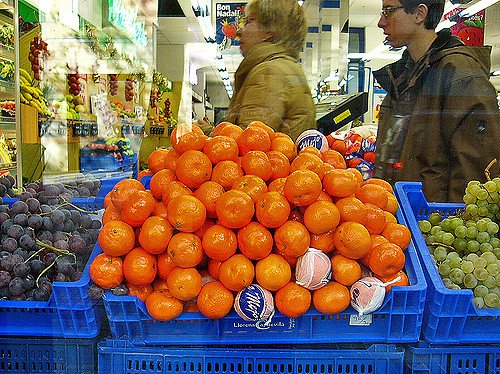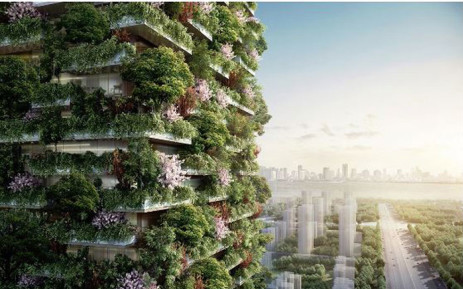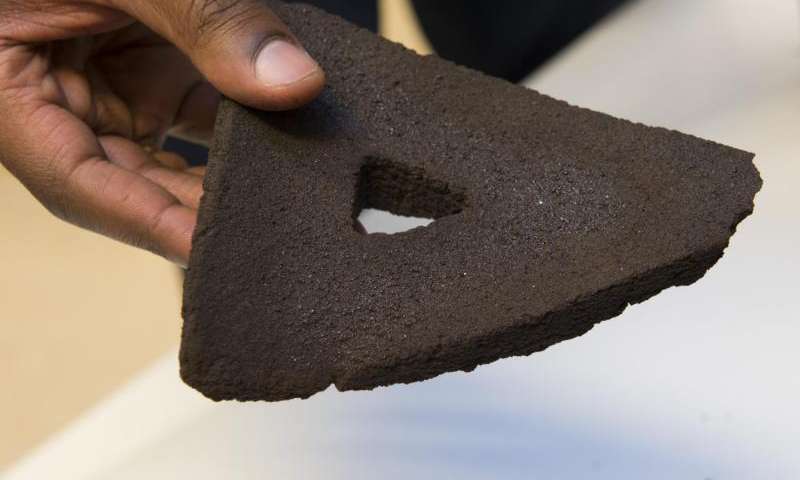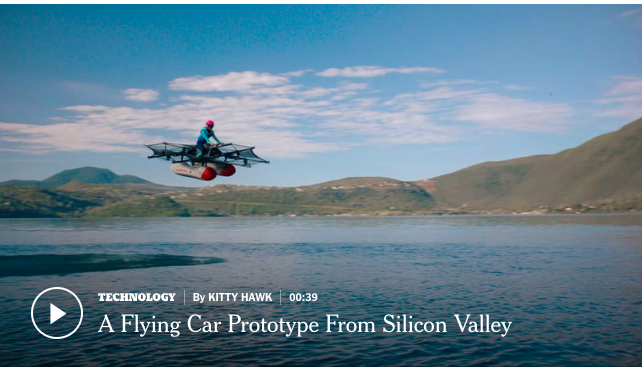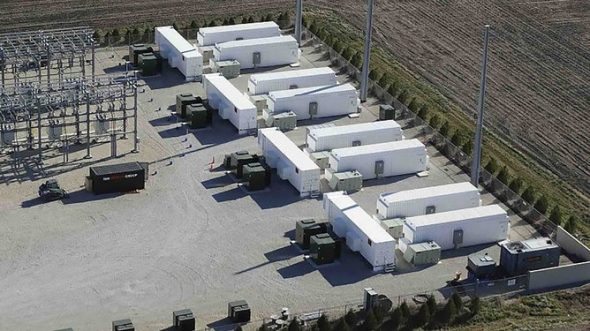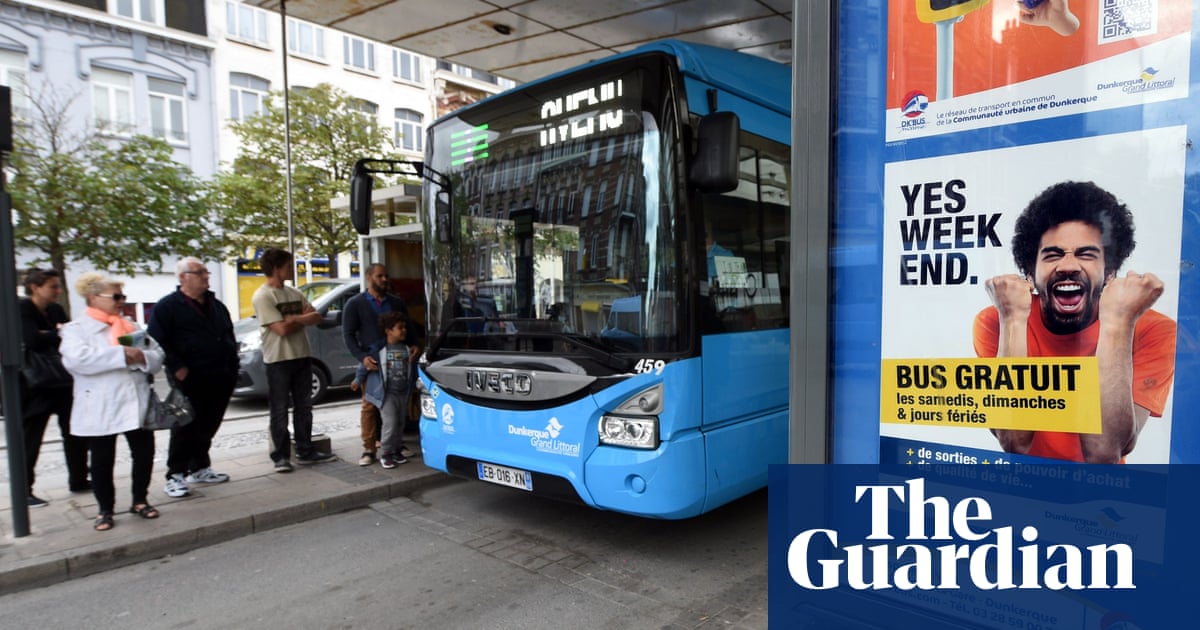Erik Olin Wright. Envisioning Real Utopias (London and New York: Verso, 2010).
Although this book covers much of the same ground, and does much of the same work, as autonomist and post-capitalist theories like Hardt and Negri’s Commonwealth and Mason’s Postcapitalism, Olin-Wright comes from the entirely different tradition of analytical Marxism. This school approaches Marxist theory from a background of analytic philosophy and public choice theory; Wright himself is a sociologist, rather than a political economist.
This may explain why he rules out any comprehensive theory of history from the outset. Specifically, in Chapter Four, he rejects Marx’s model of a historical trajectory which views capitalism as a historic system with an end as well as a beginning, and of socialism as something which will fully emerge following the terminal crises of capitalism. As I will argue below, this amounts to discarding some extremely valuable tools for anticipating the course of post-capitalist transition.
https://c4ss.org/content/47250



